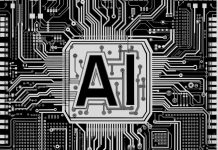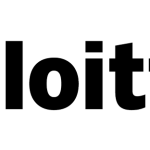The integration of artificial intelligence and generative AI in healthcare and life sciences presents significant opportunities and unique challenges. AI's applications in diagnostics, decision-making, and claims processing could revolutionize patient care but also introduce risks related to safety and discrimination. Trust remains a critical Federal agencies, including the FDA, HHS, and FTC, are developing regulations to address AI's impact on healthcare. Recent policy initiatives, such as President Biden’s executive order and HIPAA’s longstanding privacy framework, aim to create transparency and mitigate bias in AI applications. However, the rapid pace of AI advancement often outstrips regulatory efforts. Policymakers and industry leaders must collaborate to establish robust frameworks that protect patient safety and promote equitable healthcare outcomes. As AI technology evolves, its potential to address critical issues like access, administrative burdens, and personalized care will depend on overcoming trust and bias challenges, ultimately shaping the future of healthcare delivery.
AI’s Challenges and Opportunities in Healthcare
barrier to AI adoption, as noted by Deloitte's AI thought leaders during an April 2024 webcast. They emphasized that biased data and the potential for AI to generate false information can undermine confidence in AI systems. Establishing governance frameworks and ethical guidelines is essential to foster trust and ensure AI’s reliable and safe use in healthcare.
























